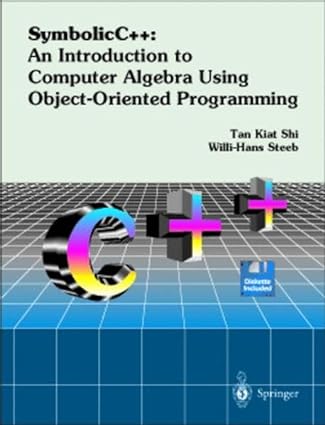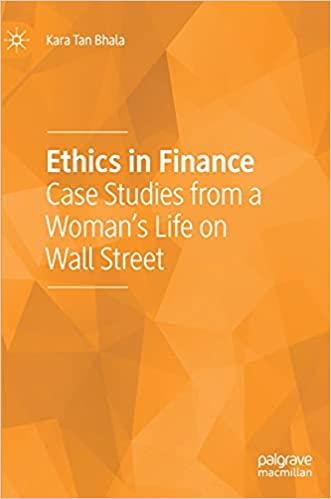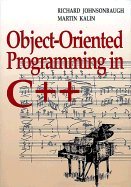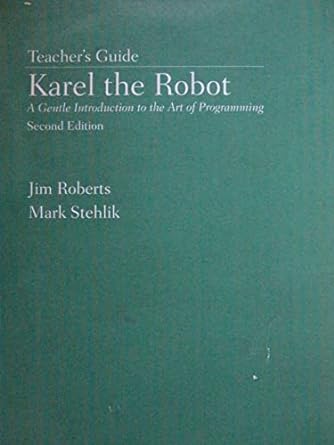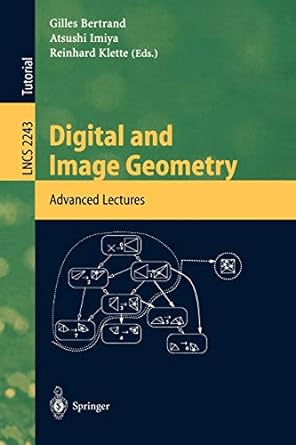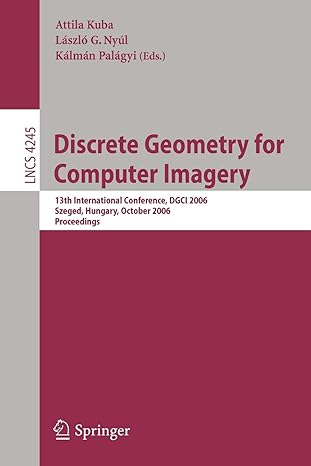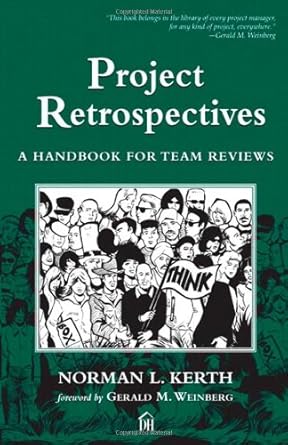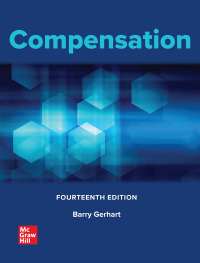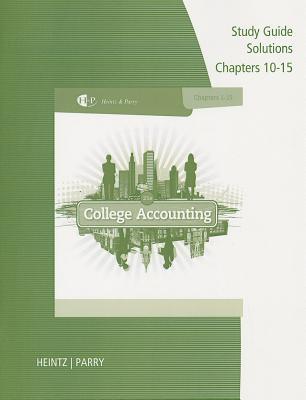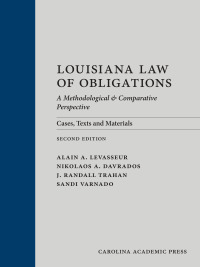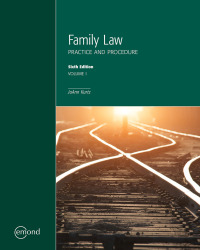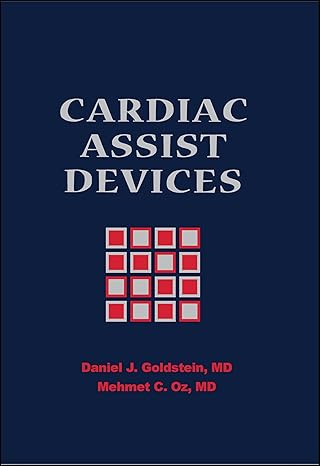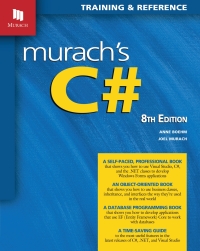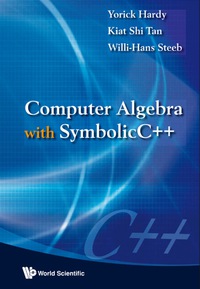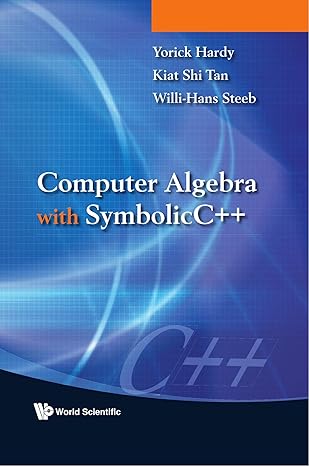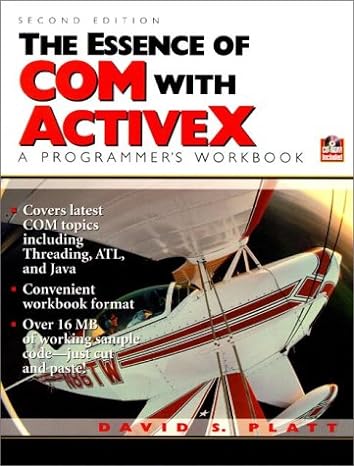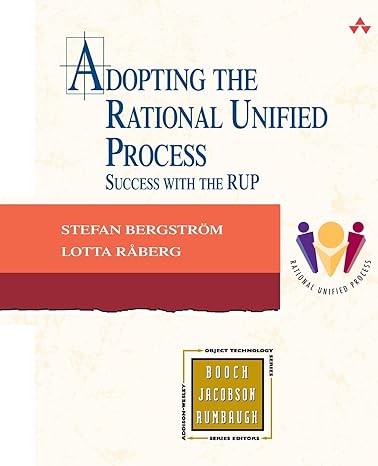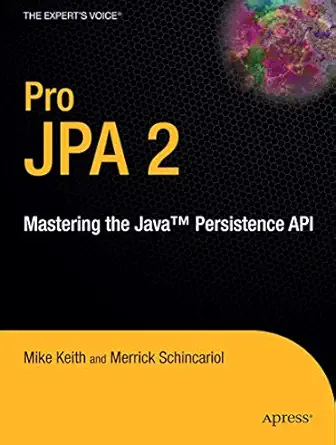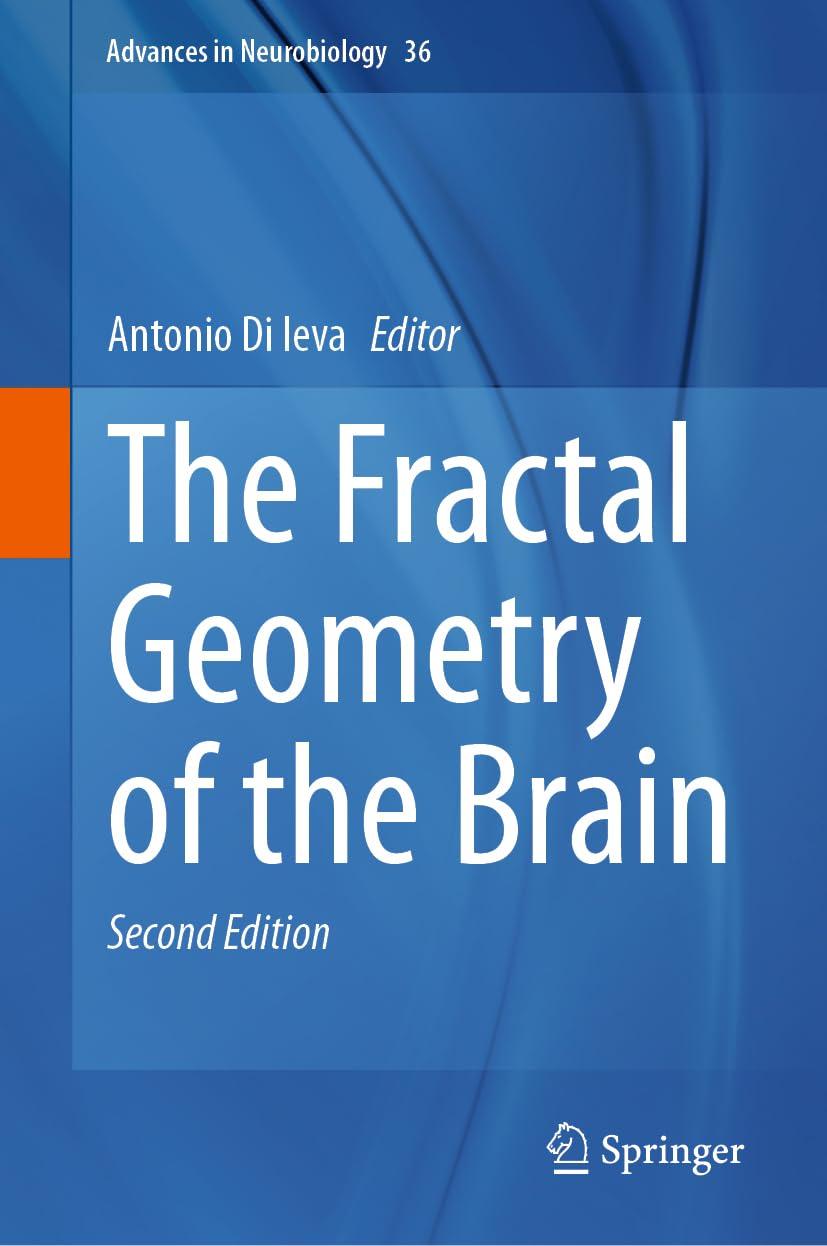Symbolicc++ An Introduction To Computer Algebra Using Object Oriented Programming(1st Edition)
Authors:
Willi-hans Steeb , Tan Kiat Shi
Type:Hardcover/ PaperBack / Loose Leaf
Condition: Used/New
In Stock: 2 Left
Shipment time
Expected shipping within 2 - 3 DaysPopular items with books
Access to 35 Million+ Textbooks solutions
Free ✝
Ask Unlimited Questions from expert
AI-Powered Answers
30 Min Free Tutoring Session
✝ 7 days-trial
Total Price:
$0
List Price: $51.14
Savings: $51.14
(100%)
Solution Manual Includes
Access to 30 Million+ solutions
Ask 50 Questions from expert
AI-Powered Answers
24/7 Tutor Help
Detailed solutions for Symbolicc++ An Introduction To Computer Algebra Using Object Oriented Programming
Price:
$9.99
/month
Book details
ISBN: 9813083557, 978-9813083554
Book publisher: Springer
Offer Just for You!:
Buy 2 books before the end of January and enter our lucky draw.
Book Price $0 : In the most restrictive sense, computer algebra is used for the manipulation of scientific and engineering formulae. A mathematical formula, which in a programming language can only be evaluated numerically, may be treated as a mathematical object in a symbolic algebra system, thus allowing for formal transformations such as differentiation and series expansion. This makes computer algebra an indispensable tool for research and scientific computing. The purpose of this book is to demonstrate how the features of object-oriented programming may be applied to the development of a computer algebra system, where the selected programming language used is C++. The design is based partly on acknowledged principles and partly on solid experience and feedback from actual use. This book is ideally suited for use in lectures on symbolic computation and object-oriented programming, and the level of presentation is such that one can study the subject early in ones education in science. The header files of the object-oriented programming classes (abstract data type) are provided in the Appendix, as well as separately on the attached diskette. The reference list also gives a collection of textbooks useful in the study of computer language C++.
Customers also bought these books (16)
Popular Among Students (15)
Customer Reviews
Trusted feedback from verified buyers
WT
Delivery was considerably fast, and the book I received was in a good condition.


